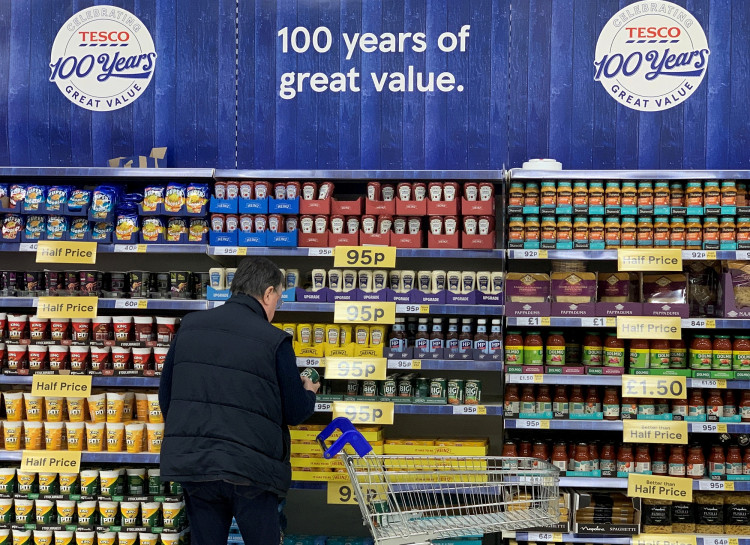British grocery and general merchandise retailer Tesco Plc has officially completed its exit from China with the sale of its remaining stake in its Chinese joint venture. The company sold its remaining stake for $357 million to its state-run joint venture partner China Resources Holdings.
Tesco entered the Chinese retail market in 2014 with the establishment of its joint venture company Gain Land together with China Resources Holdings. Since then, the two companies had managed to open 131 stores in China along with more than 3,000 partner locations. Despite its aggressive push, Tesla has struggled to get enough market share for its efforts.
In a statement made on Tuesday, Tesco mentioned that the sale of its remaining stake in China should now allow it to focus more on its core operations in its more profitable markets. It added that the proceeds of the stake sale will be used towards general corporate purposes.
The sale of its stake is expected to be completed by the end of this month. Following the announcement, Tesco's share prices rose by 0.7 percent. The slight nudge extended the stock's gains over the past year to 12.4 percent as of this week.
Apart from its retreat from the Chinese market, Tesco has been slowly closing down its businesses in less profitable markets. Over the past couple of years, Tesco had closed down its operations in countries such as Japan, South Korea, and the United States.
In December of last year, the company stated that it would be running a review of its other global operations, seemingly hinting at further retreats in other markets. Tesco specifically mentioned that it will be reviewing its operations in Malaysia and Thailand. If Tesco does exit from both countries, it would no longer have any operations in Asia. The company's remaining overseas operations will mostly be in Europe, including countries such as Slovakia, Poland, Hungary, and the Czech Republic.
The exit from its Asian markets could be the final move made by the company's current CEO Dave Lewis. The executive is scheduled to step down from his position in October this year. He will be replaced by chief executive-designate Ken Murphy.
Following the exit, Tesco is expected to launch a share buyback program during its 2020-2021 financial year. Analysts have pointed out that the sale of its Asian stake should give it enough liquidity, but the company would likely still need to find a way to efficiently return cash to its shareholders in the coming quarters.






